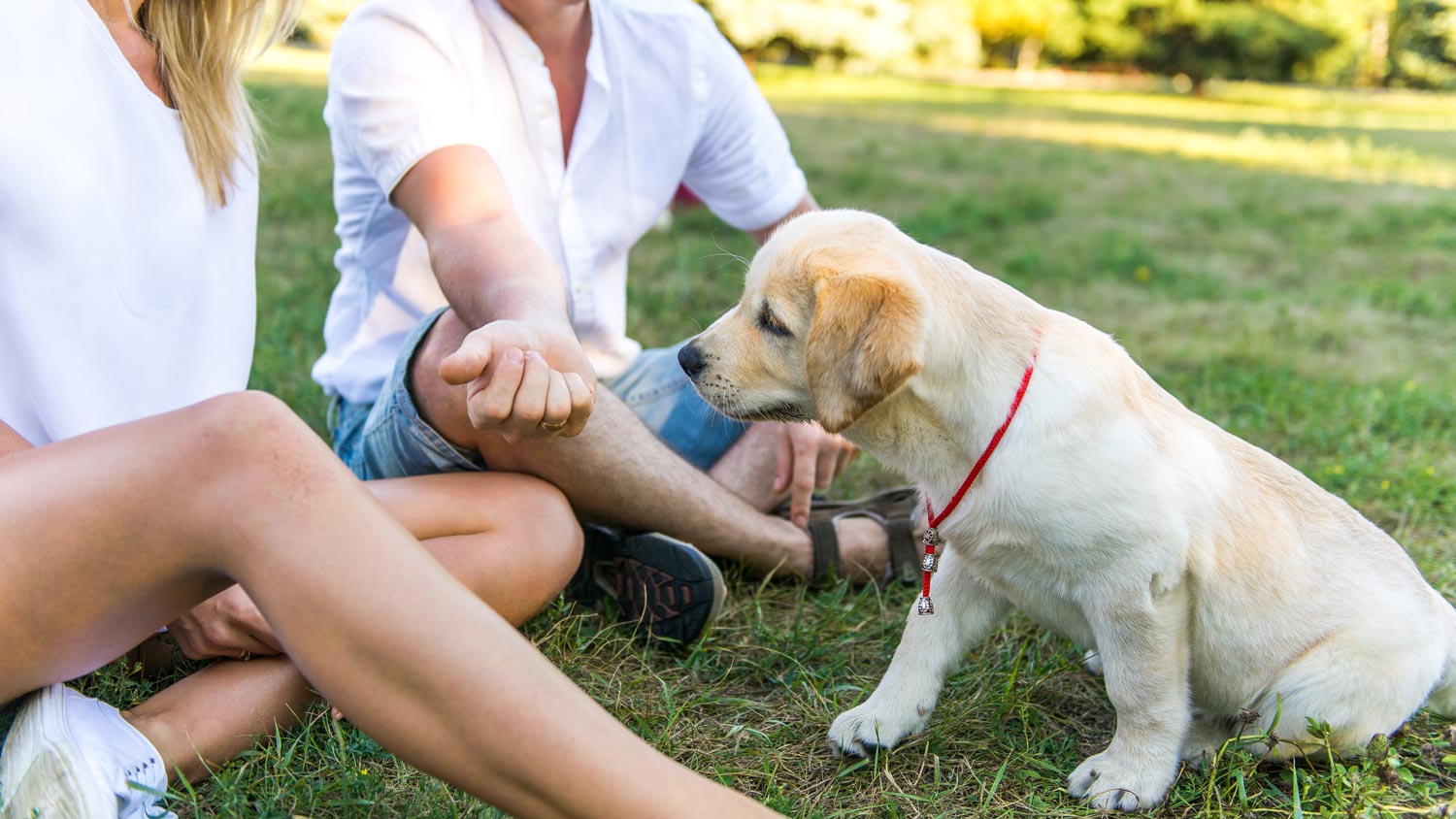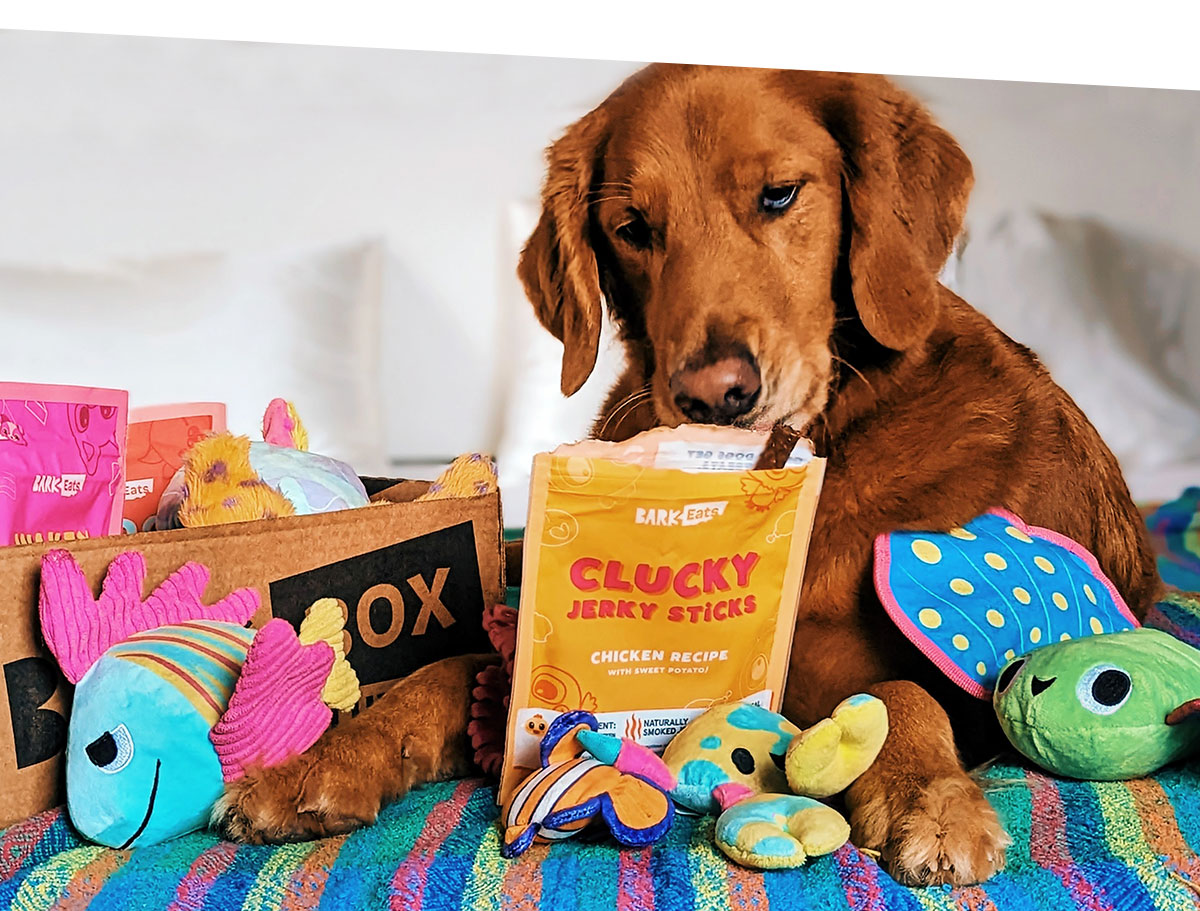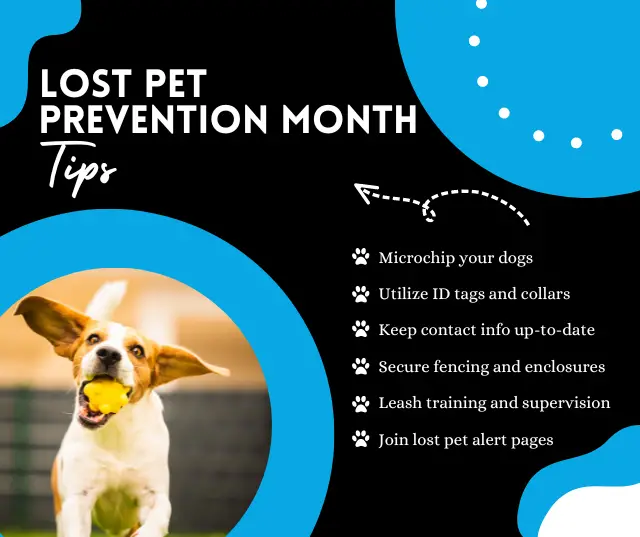Socialization is a crucial part of raising any young pet – particularly for puppies and kittens as it’s during this stage that their attitude towards the world starts to form. Teaching your new four-legged friend the ‘dos and don’ts’ of interacting with humans, other animals, and new environments can be achieved through some simple yet effective measures – so here are a few tips on how to develop socialization skills in young pets!
The first step when it comes to teaching proper social skills involves introducing your pet to different people. Many owners tend to keep their pup or kitten cooped up at home without experiencing any interactions outside of immediate family members – but allowing them to interact with strangers, such as friends and neighbors, is extremely beneficial in promoting confidence around other people. Offering treats, playing fun games, and offering plenty of praise & cuddles helps create positive associations in continual repetition.
Additionally exposing young pets to various sounds, sights, smells, and textures during development stages have proven effective in helping them recognize potential threats & dangers early on. Taking trips outdoors (in safe areas) offers great opportunities for exploration – such as going for walks or visiting the local park where they can come across all kinds of stimuli ranging from local wildlife to road noise. Exercising within different settings also helps build trust as well.
Interacting with other animals is an important factor since living amongst numerous species will inevitably be part of everyday life later on. Dogs who lack physical contact with different breeds may become aggressive while cats who haven’t been properly exposed may show signs of fearfulness. Supervising playdates, visiting animal shelters or even enrolling your pup in socializing classes can help improve their knowledge & comfort levels when faced with multiple creatures at once – all, in turn, enhancing overall behavior .
Socialization also goes beyond human-animal interaction. Indoors teaching basic commands such as sitting, staying put, or coming when called promotes obedience – plus adds an element of discipline into daily routines which helps form long-lasting relationships between owner & pet. The same goes for outdoor activities such as going for car rides – teaching these behavioral tasks at early ages ensures safety no matter where you go together!
Finally, one last piece of advice is not to force socialization if you see any sign of discomfort or aggression as this could lead to adverse results down the line regardless of future experiences. Remember that every creature has its own unique personality so adjust accordingly implementing measures best suited towards their individual needs accordingly instead – whether that entails taking breaks during play dates or providing soothing music whilst traveling the city it’s important they feel safe at all times !
In conclusion by taking into consideration the above-mentioned points owners should have ample resources available for ensuring proper socialization occurs throughout every stage of their pet’s life! Positive reinforcement along with practical strategies tailored specifically towards individual traits works wonders when it comes to forming happy healthy relationships between furry loved ones & humans alike!









